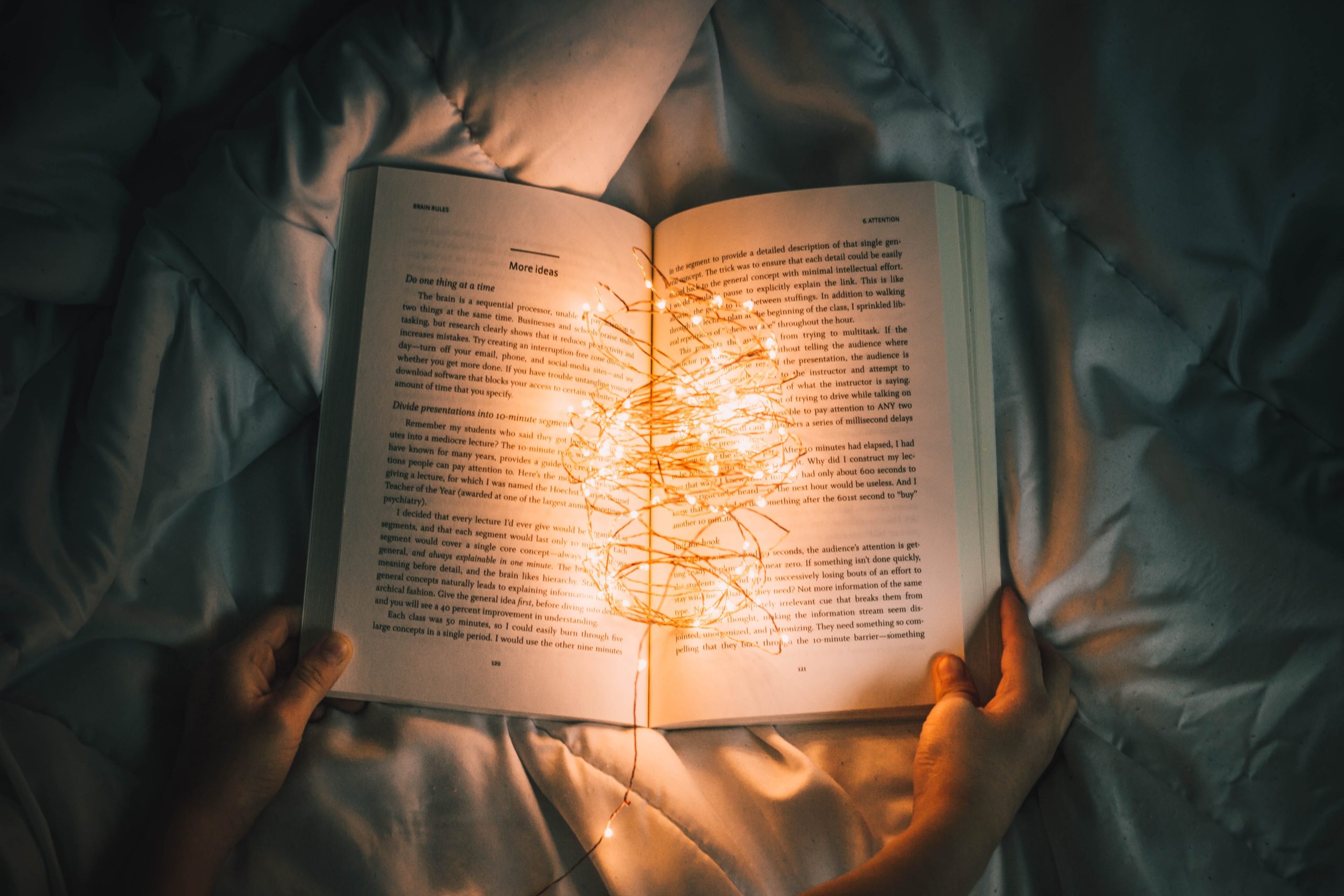Plots For Story Ideas
Finding story plot ideas that grab hold of your imagination is easy if you know where to look. Try these 8 ways to find a strong premise for your story:
1. Keep a journal to mine for plot ideas
I wish we lived in a world where everyone was having good ideas all the time. But we don't live in that world. Case in point: they keep making Pirates of the Caribbean films. Who is asking for more Pirates of the Caribbean? That's not a judgment, incidentally; I understand. I myself haven't had a good idea since 2013, and I've made my peace with it. Maybe you're in the same boat. Any Good Plot Ideas for a Campaign? There was the big picture war campaign unfolding while the Journey of the Ring to Mount Doom was the real story.
Often we overhear anecdotes or have surprising experiences that we forget in the rush of daily life.
Below are 301 short story prompts and starters to help you become inspired, get past writer's block and explore the fascinating process of writing in a genre that Stephen King famously once compared to a kiss in the dark from a stranger. Please feel free to use any of these ideas to spark your next creative project. Read Story Ideas from the story Fanfiction Ideas by musicbird (Lexi) with 83,449 reads.Hey guys, I've been coming up with alot of fan fiction ideas lately but.
If you don’t already, start keeping a journal. Capture strange and surprising events, interesting stories you’ve been told or overhear – anything that could become the seeds of an idea.
2. Retell a popular story in a new way
Old myths and legends, or even more recent classics from literature, are great sources of ideas. Is there an interesting secondary character whose story you’d love to imagine and tell anew?
An example of this approach is Jean Rhys’ Wide Sargasso Sea (1966). Rhys retells Charlotte Brontë’s Jane Eyre (1847) from the point of view of Rochester’s first wife, the ‘madwoman in the attic’ in Brontë’s original.
Older novels that are out of copyright provide easy sources of ideas, as you can reuse and recycle scenarios and characters, adding your own slant to familiar material.
3. Use a story brainstorming tool
The ‘Central Idea’ section of Now Novel’s story dashboard is free to use and consists of guided prompts that walk you through developing a story plot idea.
Starting with genre, the tool leads you through ‘What if…’ questions and further prompts to tease out your idea. Try it now.
4. Try a story idea generator
A quick Google search will find many story idea generators. Often these ideas are either a little nondescript or clichéd, though. Yet you can always combine two or more ideas. Or use generated phrases as a starting point.
For example, ‘The Utter Nonsense Generator’ yielded this phrase:
The hand, a completely gingerly taxidermist, and a wily stalactite are what got Scheherazade into trouble.
From here, you could expand and remove elements until you have, for example:
A taxidermist creates a stuffed hand that takes on a life of its own and gets him into trouble.
5. Get story plot ideas from visual prompts
Pictures can be great sources of inspiration. Image repositories such as the British Museum’s image collection have interesting selections of categorized images. For example, browsing the collection ‘yellow’ yielded this image by Henri de Toulouse-Lautrec from 1893:
The image could inspire a story about a vain, rich aristocrat and her hairdresser. When you find an image that catches your eye, try to write a two-line summary of a story idea based on it. How many can you come up with?
6. Play creative games of chance
Open a book to a random page and write out the first sentence your finger lands on. For example, doing this exercise with Colum McCann’s Let the Great World Spin, you might get:
The water and paint had bled down into the grass.


See how many story ideas you can come up with from this line. For example:
- ‘An outdoor life-painting class goes horribly wrong when a mysterious and creepy new model shows up’
- ‘A small town is perplexed and scared when paint starts to rain from the sky for seven consecutive days’
7. Find inspiration in music
Many authors have discussed how they use music for inspiration. Michael Cunningham has said that many of his novels are inspired by music. In a piece for the New York Times, he writes:
‘Language in fiction is made up of equal parts meaning and music. The sentences should have rhythm and cadence, they should engage and delight the inner ear.’
Find a song you love and Google its lyrics. For example, Joni Mitchell’s song ‘Little Green’:
Born with the moon in Cancer/
Choose her a name she’ll answer to/
Call her green and the winters can not fade her/
Call her green for the children who have made her/
little, green/
Be a gypsy dancer.
You might decide to write a story about a dancer named Green who restlessly moves from place to place. A bildungsroman (coming-of-age story) about Green’s development as an artist.
8. Do freewriting on a chosen theme
Freewriting is a great exercise for activating your unconscious mind.
Pick a theme, such as:
- Love
- Prejudice
- Courage
- Disappointment
- Reward
- Justice
Set a stopwatch or timer and write for 10 minutes on this theme. Write anything that comes into your head. When you’ve finished freewriting for your chosen length of time, read over what you’ve written. Is there any line, phrase or image that jumps out? Add more to it. Try and work it into a two-line synopsis.
Looking for an easy way to find and develop story plot ideas? Try Now Novel’s structured, guided process.
Related Posts:
How to come up with short story ideas


We get it: writing prompts are an excellent resource, but you want to know how to come up with your own story ideas. Here are four of our go-to tricks when thinking of interesting things to write about.
Good Book Plots
1) People-watch: Hands down, this our favourite way to come up with story ideas. All stories, even ones about robots or plants, have some element of humanity at its core. There are therefore a countless number of stories to be found by observing human nature. 90% of the prompts included in our writing prompts newsletter are inspired by simply staring out a window and watching people go by.
2) Forget what you already know: Have you ever become trapped in a “but why?” loop with a child? It’s enough to make your head spin or an existential crisis occur. But if you can return to this sense of curiosity and wondering you had as a child, you can find a treasure trove of short story ideas to be found. Take in your surroundings and ask yourself why things are the way they are. What if they were different? What would that look like and how would it work?
3) Use your day job: If you feel like you have the most interesting job on the planet, well, perfect! It shouldn’t be hard to use it as plot-fodder for a great short story. On the other hand, if you find yourself yawning a lot at work, ask yourself: What could happen to make this work day interesting? Let’s say you work as a receptionist but your real passion lies with art. Write a story about a receptionist who sees a colleague hang a new piece of art in their cubicle — one the receptionist recognizes as being famous for going missing a century ago.
4) Read: Imagine walking up to a piano and trying to make beautiful music without ever having heard it played before. You need to consume great short stories in order to know what you enjoy about them. Figure out what you like, and you’ll be on the path to great writing topics.
Ready to start submitting your short story to writing contests? Find the right one for you in our list of writing contests.
Looking for writing tips? Sign up for our free course: How to Craft a Killer Short Story.
Learn How to Craft a Killer Short Story
Good Plot Ideas
A free 10-day publishing course.
Good Story Plots For Teenagers
So, you've decided to write a short story! Many a published author got their starts from publishing short stories. It's the perfect medium for so many authors: succinct, clear, character-driven, and brief...
Enroll now